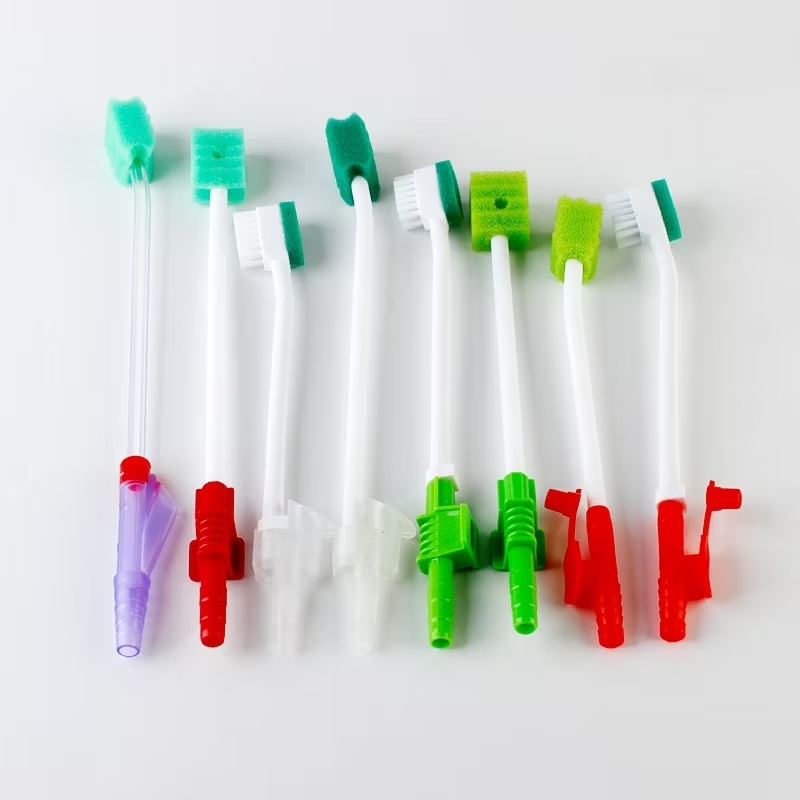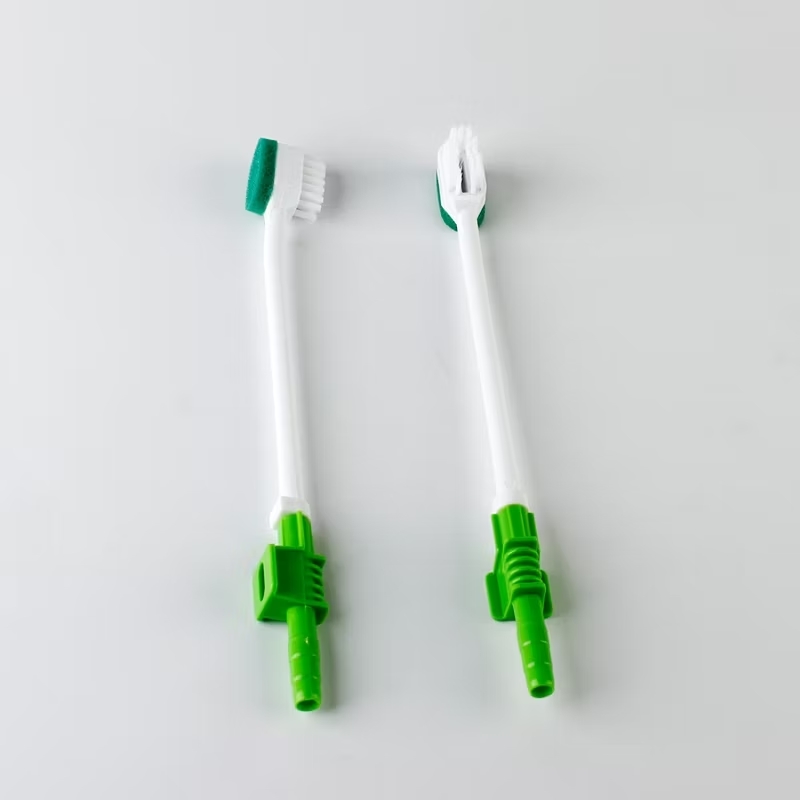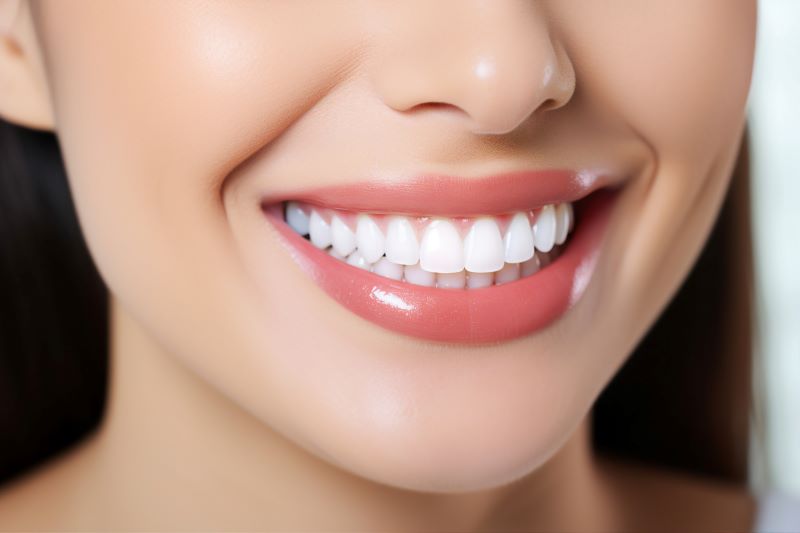
Maintaining oral hygiene is a vital part of overall health, and neglecting it can lead to serious dental problems like gingivitis, periodontitis, and even systemic infections. Suction toothbrushes offer a novel alternative for anyone with restricted mobility or medical issues that make conventional brushing challenging. These specialized devices help prevent oral infections by effectively removing debris and bacteria from the mouth, offering a practical and hygienic alternative to conventional toothbrushes.
What Are Suction Toothbrushes?
Suction toothbrushes are dental devices made for patients who have trouble keeping their teeth clean, like the elderly, those with impairments, or people recuperating from surgery. Unlike regular toothbrushes, suction toothbrushes feature a built-in suction mechanism that removes saliva, food particles, and plaque as the mouth is cleaned. This eliminates the need for rinsing and spitting, making them ideal for patients with limited mobility or who are bedridden.
These devices are commonly used in hospitals and nursing homes, where caregivers can assist patients in maintaining their oral health. The combination of brushing and suctioning ensures a thorough cleaning process, helping to reduce bacteria build-up and lower the risk of oral infections.
Reducing Bacteria Build-Up
Plaque, a sticky layer of bacteria that develops on the teeth and gums, is frequently the first sign of oral illnesses including gingivitis and periodontitis. Plaque becomes tartar if it is not routinely removed, which causes gum disease and irritation. The design of suction toothbrushes allows them to effectively target and remove plaque without causing discomfort, even in individuals with sensitive gums.
The suction feature plays a critical role in reducing bacterial growth by keeping the mouth dry and free from debris during cleaning. This is particularly beneficial for patients with conditions like dysphagia (difficulty swallowing) or reduced salivary flow, where saliva and food particles can accumulate and create a breeding ground for bacteria. Suction toothbrushes assist maintain a healthier oral environment and lower the risk of infections by quickly eliminating harmful debris.

Preventing Gingivitis and Periodontitis
Gum inflammation, or gingivitis, is a common early-stage gum disease brought on by plaque accumulation. It can develop into periodontitis, a more serious ailment that harms the bone and soft tissues that support the teeth, if treatment is not received. Suction toothbrushes help prevent these conditions by providing consistent and effective cleaning, especially for individuals who may not be able to use traditional brushing techniques.
In addition to their mechanical benefits, suction toothbrushes are often used with antiseptic mouthwashes or dental gels to further enhance their infection-fighting properties. This combination ensures that bacteria are not only physically removed but also chemically neutralized, offering an added layer of protection against oral infections.
Convenience for Caregivers
For caregivers, suction toothbrushes simplify the process of assisting individuals with their oral hygiene. They reduce the possibility of aspiration, which happens when patients try to rinse and spit and causes food or fluids to enter the lungs. Care facilities and hospitals often source these tools from reliable medical suppliers, ensuring high-quality products that meet patient needs. Some facilities may also rely on an oral swab supplier for complementary tools like oral care swabs, which can be used alongside suction toothbrushes for a comprehensive approach to oral care.
Enhancing Oral Health Outcomes
By combining cleaning and suction in one device, suction toothbrushes address many of the challenges associated with maintaining oral hygiene in vulnerable populations. Regular use of these tools not only reduces the risk of gingivitis and periodontitis but also promotes overall oral health, improving the quality of life for individuals who depend on them.
Conclusion
Suction toothbrushes are an essential tool in preventing oral infections, particularly for individuals who cannot perform traditional brushing. Their ability to remove plaque, bacteria, and debris while minimizing discomfort makes them invaluable in both personal and clinical care settings. For caregivers and healthcare providers, sourcing high-quality suction toothbrushes is a crucial step in ensuring effective oral hygiene for patients. Combined with complementary tools like oral swabs from an oral swab supplier, these devices provide a comprehensive and innovative solution to maintaining oral health and preventing infections




